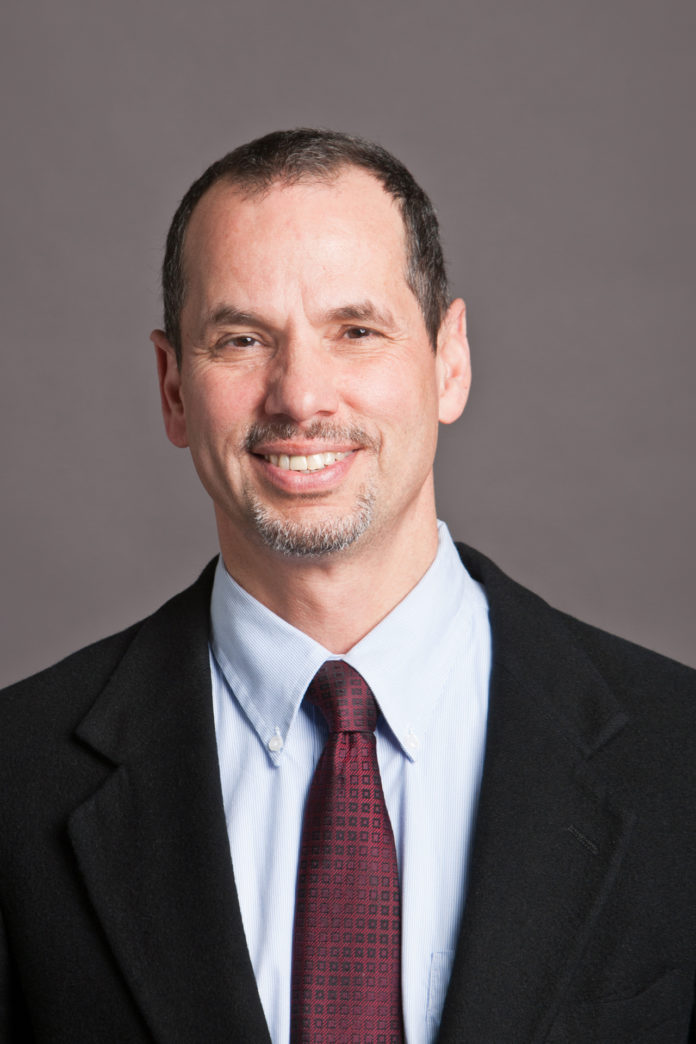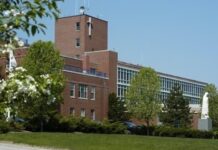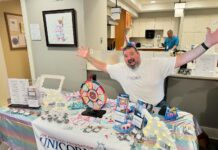Neighborhood Health Plan’s Health@Home program has provided in-home medical care for medically fragile patients since 2014, addressing the dual problems of rising cost of care and poor quality of life for people with multiple ailments.
Neighborhood tasked three nurse practitioner-led teams to provide at-home primary care for patients with complex, multi-chronic, disabling conditions. The program complemented the visits with telemedicine check-ins.
Providence Business News asked Dr. Francisco “Paco” Trilla, chief medical officer for Neighborhood Health Plan of Rhode Island, to elaborate on the program’s founding and performance.
PBN: Why did you launch Health@Home in 2014?
TRILLA: Data plays a tremendous role in helping us encourage our members to stay healthy. A few years ago, when we were looking at cost and utilization data, we decided to make a bold change in terms of how we care for our most medically fragile patients. Roughly 7 percent of Rhode Island’s Medicaid patients account for almost 66 percent of all spending. Not only were most of these members suffering from five or more chronic conditions, their quality of life suffered. They had, on average, three times as many emergency-room visits than our other members – typically for non-life-threatening conditions. We chose to drive resources to those folks and make sure they receive the care they need.
PBN: How has that aided medically fragile patients?
TRILLA: Health@Home members receive care in their homes from an interdisciplinary team focused on their medical, behavioral and social needs. Led by nurse practitioners, the program is an extension of their primary care provider’s treatment. This means a Health@Home member can call their team 24/7 for advice or guidance, rather than make the trip to the ER. Many Health@Home members have trouble managing their conditions and feel excluded from the health care system. They appreciate the personal touch our care offers.
Medically fragile patients also often have many social roadblocks to good health – things like food insecurity, transportation issues and housing needs. The Health@Home team, including community health workers, works to remove these barriers.
PBN: Is there an upside for Neighborhood Health as well?
TRILLA: First and foremost, we get to see our members healthy and in charge of their own lives. Health@Home members often feel like their chronic conditions have robbed them of their independence. We empower them to take that control back. Helping Rhode Islanders be well is the reason Neighborhood exists.
There’s also a financial component, which is important to any nonprofit like us. Healthy members need fewer services. From 2013-2016, Health@Home emergency-room utilization dropped by 43 percent while inpatient hospital days fell by 29 percent – for a combined savings of more than $2 million annually. That’s taxpayer money we’re saving – even as we’re making people healthier.
PBN: Can you tell a brief story about the program in action?
TRILLA: When we identified Jen for Health@Home, she was struggling with drug addiction, battling untreated mental illness, suffering from COPD and using the emergency room for routine care. She refused to keep appointments with her doctors.
We convinced Jen that working with our team could make her feel better. We found doctors and labs within walking distance of her home, since transportation was a problem. We sat down with her to explain why it was important to take her medications; no one had successfully done that before. Her health is improving, she’s reconnected with her estranged family members and she feels supported by Neighborhood to continue. That’s success.
You can watch Jen’s story HERE.
PBN: What would the ideal next step be for Health@Home?
TRILLA: Health@Home was launched for Neighborhood members with Medicaid benefits. After our success with that population, we expanded to our “duals” members (people with Medicaid and Medicare) in 2016. The beauty of the Health@Home model is that it can address the needs of a variety of high-risk, fragile populations, including people with varying medical and/or behavioral health needs. We are currently evaluating opportunities that would provide the most value for Neighborhood and our members.
Rob Borkowski is a PBN staff writer. Email him at Borkowski@PBN.com.













